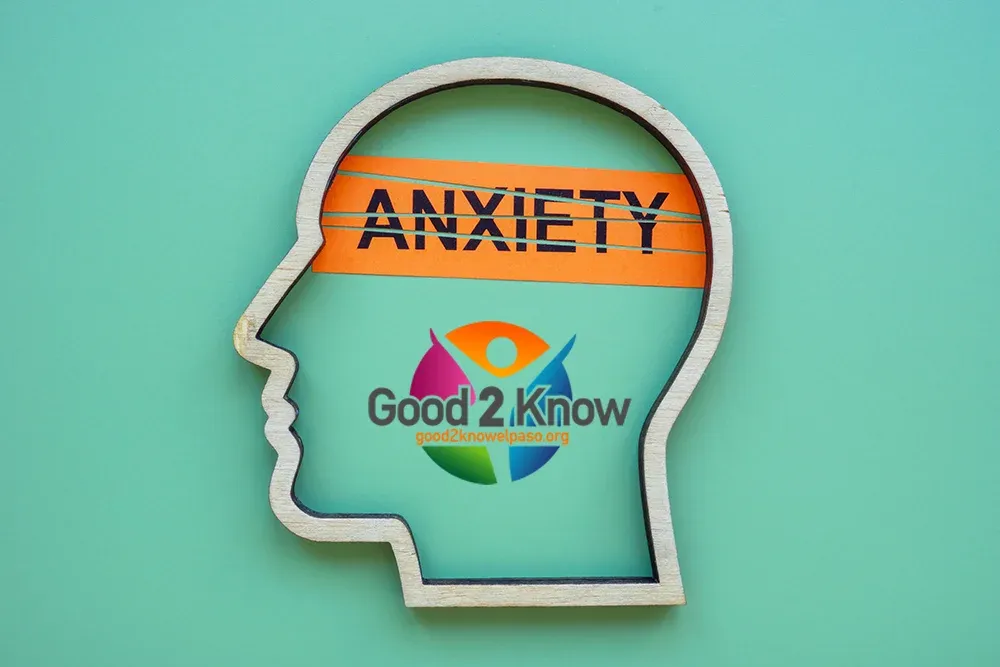Research shows that sugar consumption can take a toll on mental health.
Here are 3 Ways Sugar Impacts Mental Health:
• Depression
Eating sugar can cause an initial high followed by the inevitable crash leading to intense cravings to consume more and more sugar which perpetuates a vicious cycle that’s hard to stop. This behavior can create extreme mood swings due to an over-activated reward system in the brain caused by the release of the feel-good hormone, dopamine.
Studies show that sugar can also increase feelings of depression and the potential for schizophrenia in people low in a growth hormone called BDNF. The hormone deficiency is found in people with depression and schizophrenia and thus consuming sugar only makes the symptoms more pronounced.
• Anxiety
People who suffer from anxiety typically experience worry, panic, and acute alertness. Sugar intensifies these symptoms by causing a surge of adrenaline leading to hyperactivity and a hyper-reactive response to stress. Research has shown that sugar can exaggerate the fear of negative outcomes commonly associated with anxiety. Because eating sweets can also cause fatigue, blurry vision and fuzzy thinking, viewing situations objectively and make confident choices can be more difficult when we consume a high sugar diet.
• Learning and Memory:
Eating sugar can contribute to the deterioration of the brain’s ability to process and retain information as it causes chronic inflammation. Researchers once thought that inflammation was a factor that can cause depression. Now, studies are showing that depression and stress can increase inflammation. Regardless, this inflammation has been associated with a decrease in cognitive abilities leading to signs of aging like forgetfulness and confusion.











